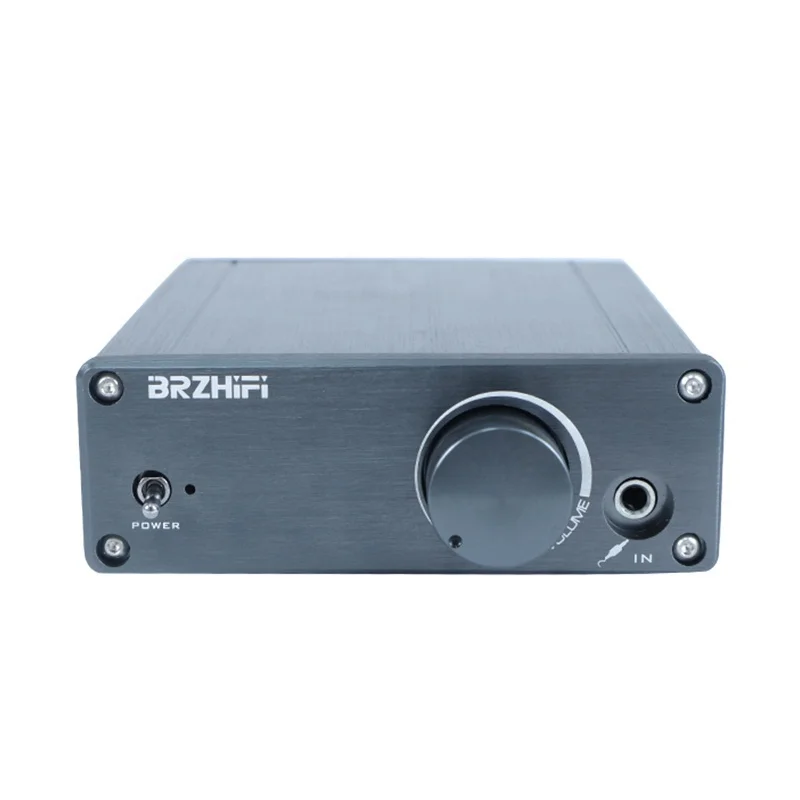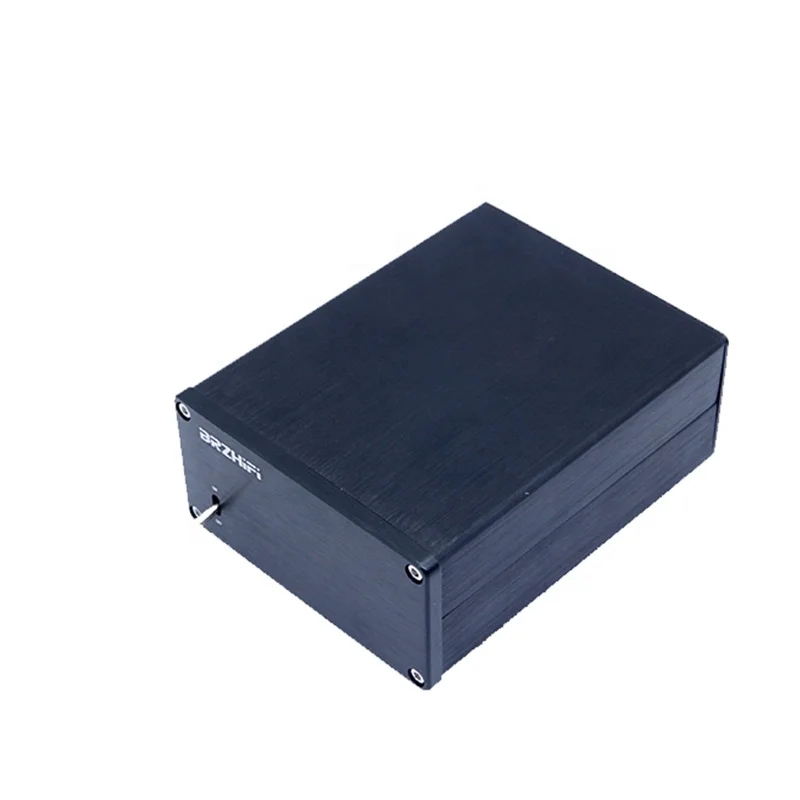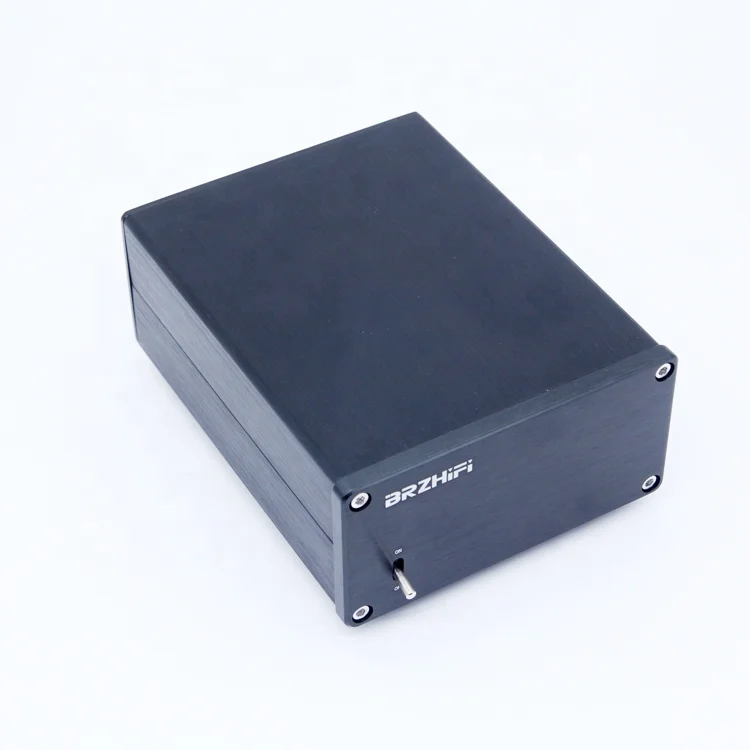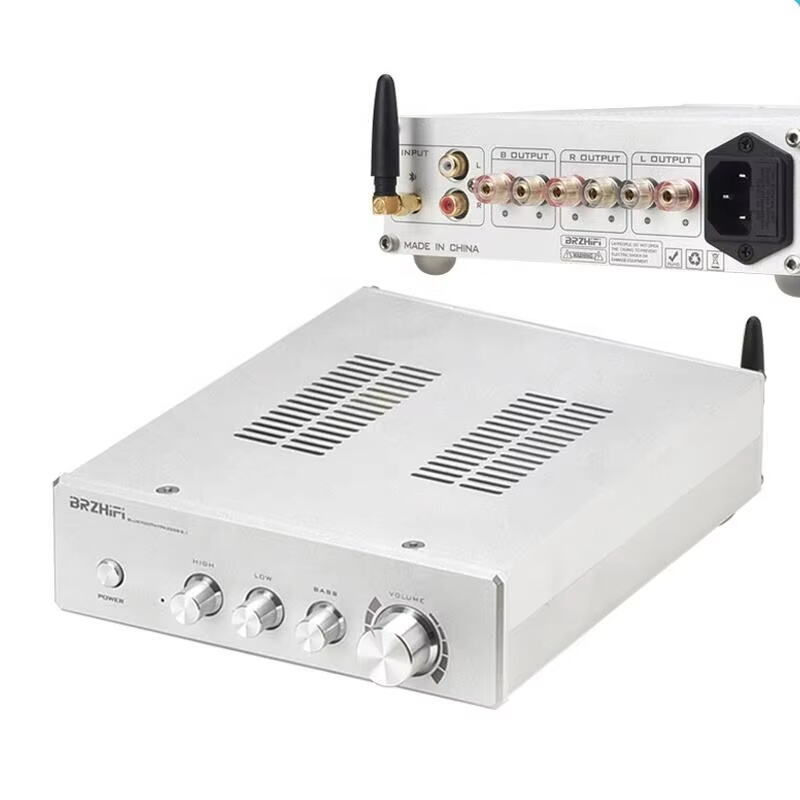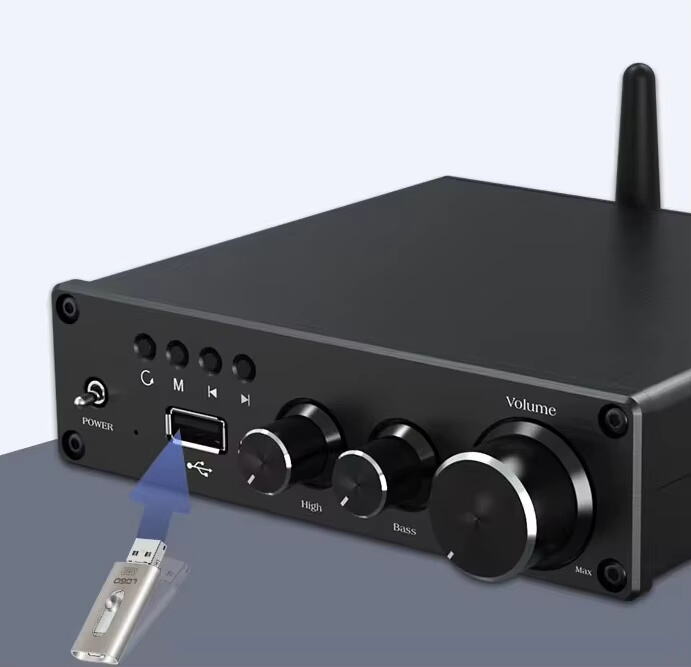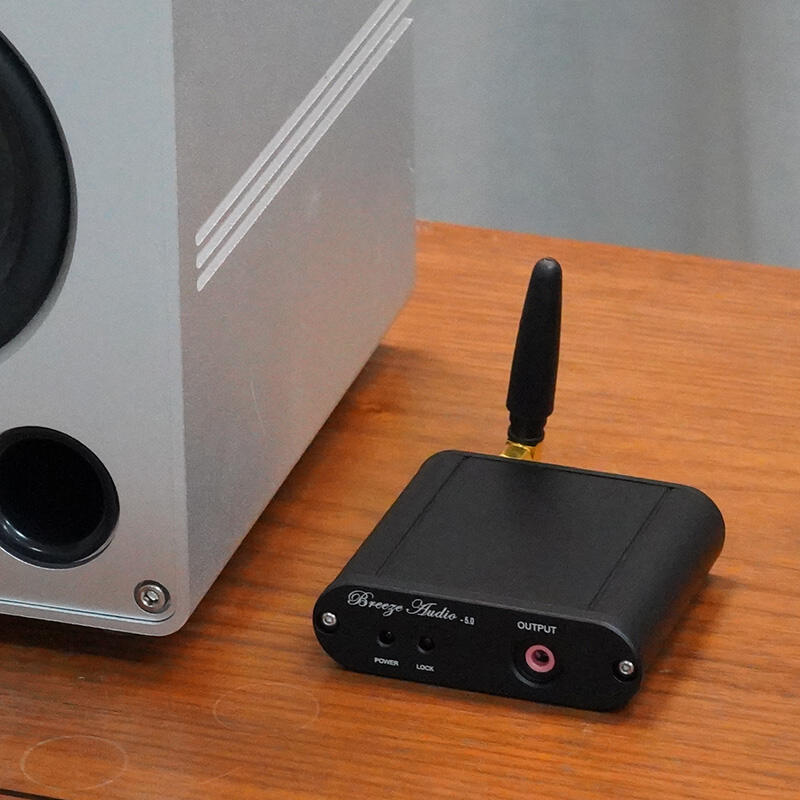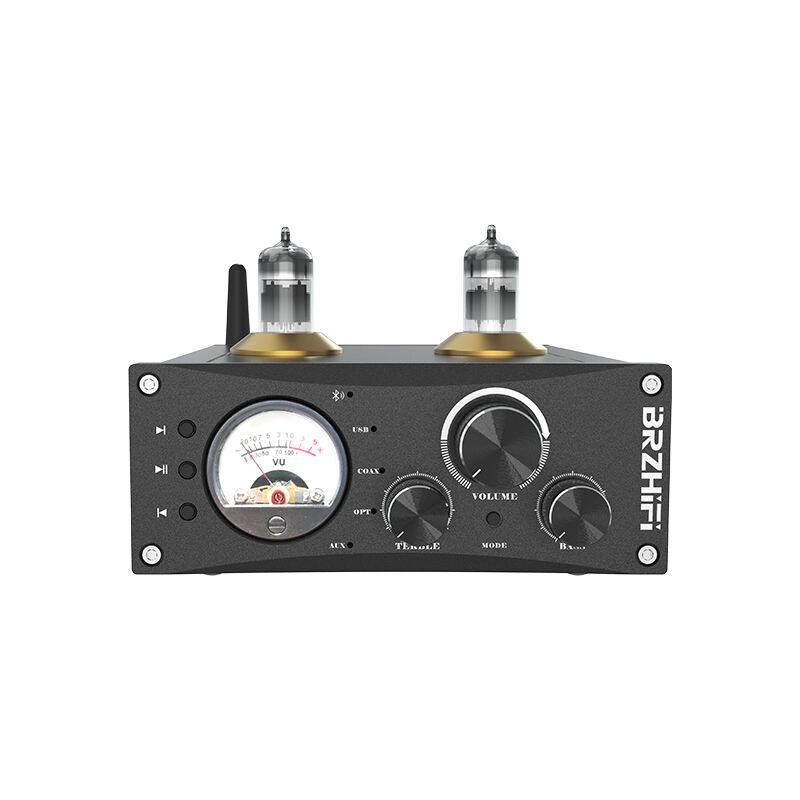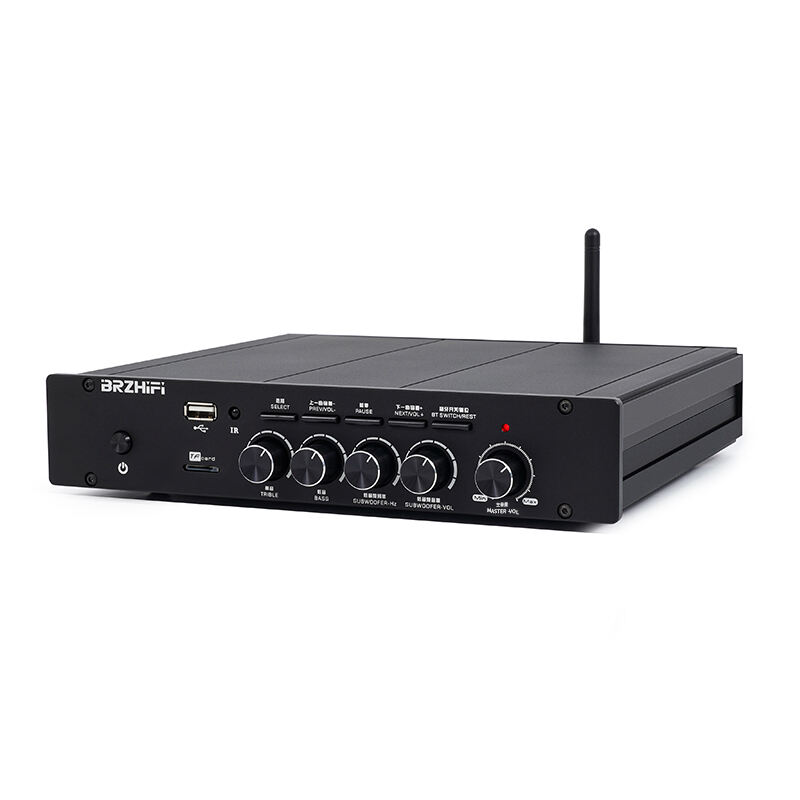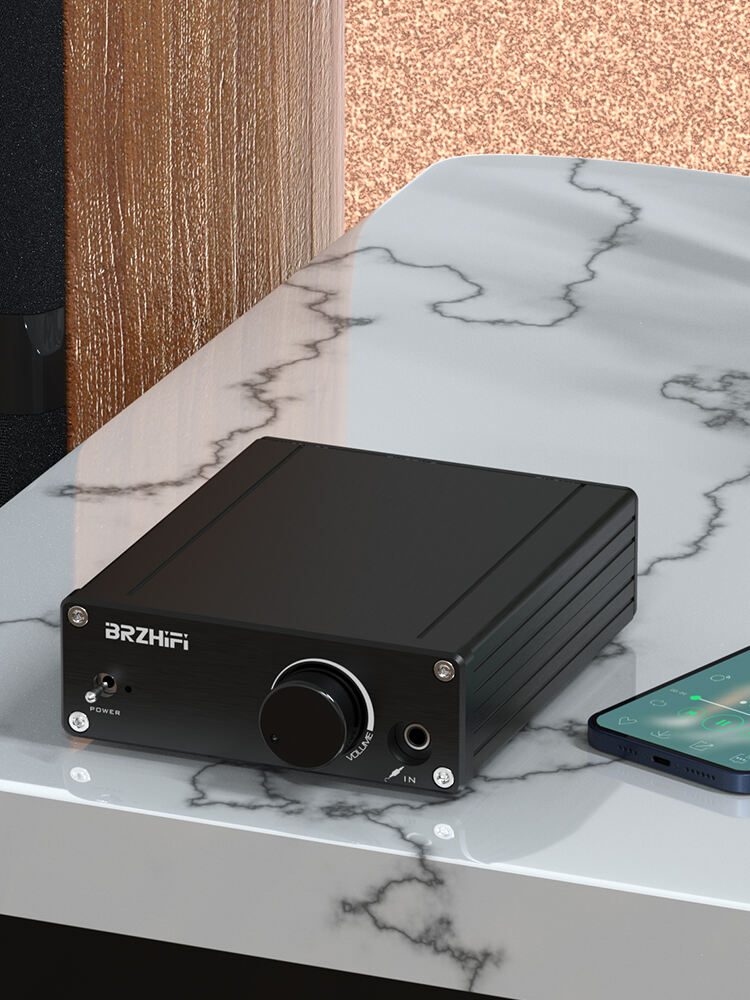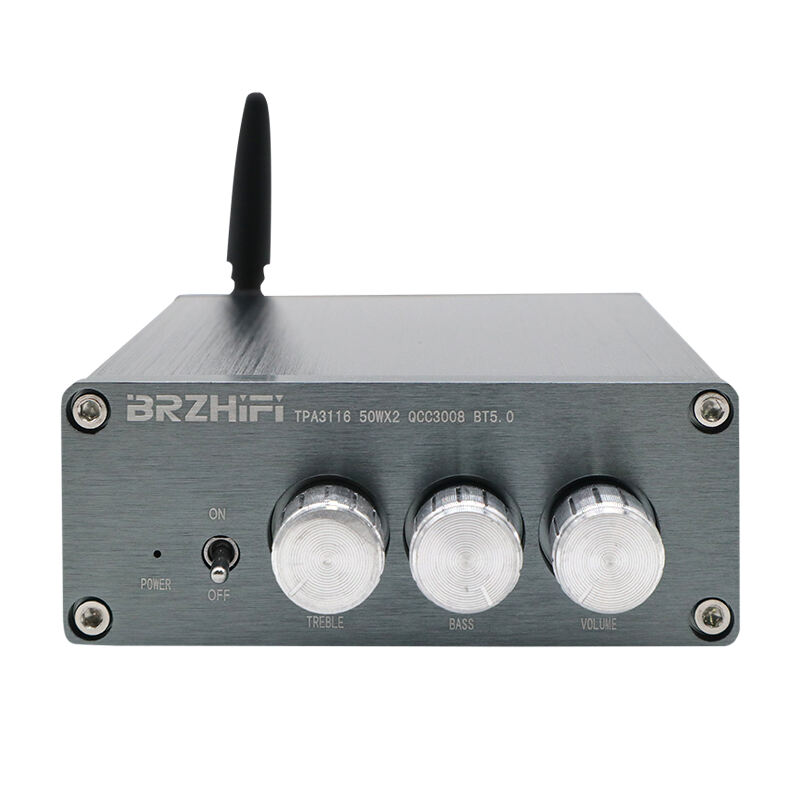digital audio amplifier
A digital audio amplifier represents a revolutionary advancement in sound reproduction technology, converting incoming audio signals into powerful, high-quality sound output through digital processing methods. Unlike traditional analog amplifiers, digital audio amplifiers work by converting analog signals into digital format, processing them in the digital domain, and then converting them back to analog for speaker output. This process allows for precise control over the audio signal, resulting in cleaner sound reproduction with minimal distortion. The amplifier utilizes pulse-width modulation (PWM) technology to efficiently manage power delivery, ensuring optimal performance while maintaining energy efficiency. These devices incorporate sophisticated digital signal processing (DSP) capabilities, enabling features such as precise frequency response adjustment, dynamic range control, and advanced noise reduction. Digital audio amplifiers find applications across various settings, from home entertainment systems and professional audio installations to automotive sound systems and portable audio devices. Their compact size, coupled with high power output capabilities, makes them ideal for modern audio applications where space efficiency is crucial while maintaining superior sound quality.


